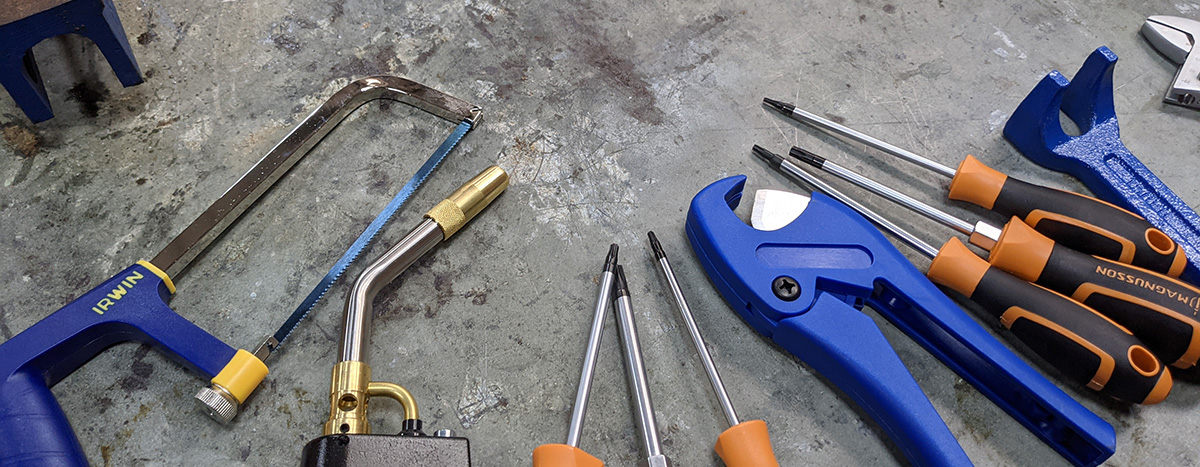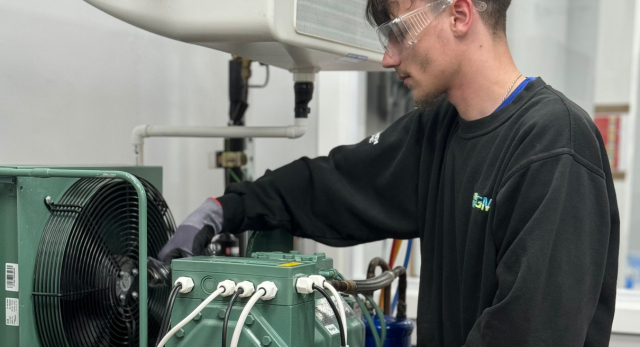Exciting changes are happening in the heating sector. We’re here to help plumbing and heating engineers navigate the business opportunities that lay ahead and take action now for future success.
What’s happening?
In recent weeks, we’ve seen a greater commitment from the government to phase out carbon intensive heating and incentivise low carbon heating systems, such as Ground Source and Air Source Heat Pumps.
The Heat and Building Strategy sets out a plan to bring the cost of heat pumps more in-line with gas central heating, including the Boiler Upgrade Scheme, which will lead to 90,000 heat pump installations over the next 3 years.
We’re also seeing great technological innovation as manufacturers look for solutions to the carbon crisis. 100% hydrogen boiler prototypes developed by Baxi and Worcester Bosch are being used in a number of trials across the UK to test the viability of converting the gas grid to hydrogen.
What can gas engineers do today?
The sheer amount of information out there can be overwhelming and it can be tempting to bury your head in the sand. But its vital that engineers arm themselves with knowledge so they can make good business decisions and plan for future markets, as and when they arise.
Here are 4 things that gas engineers need to do RIGHT NOW:
- DON’T PANIC – The transition to heat pumps will be a gradual move for installers, it will not suddenly happen tomorrow. There is plenty of time to get the skills and qualifications you need – when you need them. As it stands, heating and plumbing installers are in the best possible position to become the multi-skilled heating engineers of the future.
- Do some research – As well as looking into the new policies that might affect your business, find out what the manufacturers are doing to meet demand for low-carbon heating. There is a wealth of innovation out there, including hydrogen boilers, heat pumps, hybrid systems and SMART heating controls to name but a few. Many manufacturers offer product training and services to help installers make the most of sustainable technologies.
The other essential area to research is MCS certification. While it’s not a legal requirement, it is essential for heating companies who want to gain full access to emerging markets, government grants and subsidies. New online platform, MCS Made Easy, helps installers to get to grips with MCS standards and procedures and make the process less time consuming and more efficient. - Visit trade shows – See the latest equipment in action, ask questions, network with manufacturers and meet suppliers. Key events include PHEX (Chelsea and Manchester), InstallerSHOW (Birmingham) and PlumbEXPO (London, Bolton and Harrogate).
- Test the marketplace – Speak to your customers to find out their thoughts on heat pumps and renewables. You will gain an insight into the technologies that will suit the housing stock in your area and when the time is right to expand your services.
Take the next step with Logic4training
When your business is ready to take the next step into low-carbon heating, Logic4training is here for you.
We are committed to delivering the highest quality training courses in the latest technologies to ensure our trainees leave our training centre fully equipped for the future.
Find out more about Logic4training’s Air Source Heat Pump Training Courses today, or get in touch to discuss your requirements.









